As we at One Earth Sangha sit in a place of such relative safety and power, we invite you to join us in the practices of clear-seeing and compassion around the devastating Israel-Hamas war, beginning with care and the resonance for suffering for all who are directly and indirectly traumatized by the conflict. Our hearts break again and again with each new revelation about the horrors still underway. Even as we are far away and with limited agency, our actions or inactions have an impact. Our speech or our silence matters. Yet words are often the easy part, understanding comes much harder, but with the potential for hopefully greater impact
And regarding silence, these are the first words that One Earth Sangha has spoken on these horrible events. We have aspired to offer more than just our name to broader statements. As we attempt to do in other contexts, we hoped to use our platform to elevate the wise voices of others and to contribute offerings of practice to our community as we all reach for an appropriate response to such violence and sorrow. Along with health challenges on our small team during this time, our efforts to find authentic and deeper ways to contribute have led us to be silent for too long. For those who have found our lack of voice concerning, we hear you, ask for your forgiveness, and offer this brief set of reflections as a starting point for more conversation in the coming year. For those who find the words below painful, we hear you and your experience matters deeply to us.
We approach sharing our views with humility: we do not see all of the layers and nuances involved in a conflict rooted in a deep historical context that touches people throughout the world. Even so, we feel that compassion for all demands several clear and immediate steps, including a long-overdue ceasefire in Gaza and the West Bank and the release of all hostages; condemnation of the Hamas October 7 attack and associated atrocities; condemnation and cessation of the brutal and ongoing tactics of the both the Israeli military and Hamas which have resulted in deplorable impacts on Palestinian civilians, lands and waters; cessation of military aid from the United States to Israel in support of the war in Gaza; the delivery of sufficient and effective aid to Gaza; and an unyielding commitment from all leaders to a negotiated and lasting peace on behalf of all people of the region and supported by the international community. To make our voices heard beyond our own community, we have signed and invite you to sign the Buddhist statement on the conflict directed towards the Biden Administration.
A negotiated peace agreement is the only way to ensure safety, freedom, and equality for both peoples.Standing Together
To those who see this as outside our scope of mission, we offer this: while this challenge is not primarily about ecological violence or climate change, the Earth is here too, both as victim and weapon of war. This conflict over land poisons air and water, directly harming both current and future generations of all species. And the roots of violence among people and of violence to the broader living Earth community are inextricably linked. Compassion demands that we attend to peace for all beings.
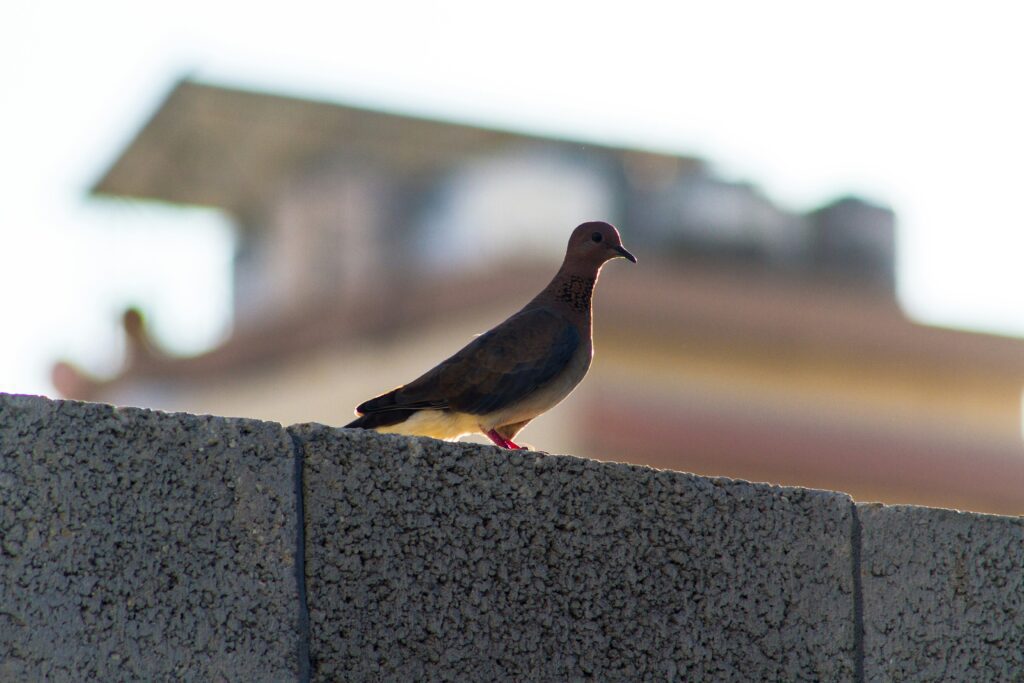
As relative outsiders to this conflict, we derive this position from not only our own conversations and research but from analyses, insights and calls for action of those most impacted, those most familiar with the complicated histories, and those most invested in outcomes. In our view, many of those voices are grounded in values and methods that deeply resonate with Buddhist wisdom and ethical action. In our ongoing search for voices to uplift, and recognizing that we are still learning, we invite you to join us in listening deeply to a few words from Combatants for Peace and Standing Together:
Having taken part in this century-old violent conflict, we know its price, and its futility. Today, more than any other time in the past, we maintain: there is no military solution to the conflict; violence breeds violence; revenge fuels revenge. As Mahatma Gandhi notably said: “An eye for an eye makes the whole world blind.” That is exactly the situation right now with so many people drowning in pain and loss, and so many blinded by hatred and revenge. Even in the heart of darkness, we will not lose sight of our path. Despite the violence, because of the violence, we hold on to our belief that both people can live in this land in safety, dignity, and liberty.
While the minority who benefit from the status quo of occupation and economic inequality seek to keep us divided, we know that we — the majority — have far more in common than that which sets us apart. When we stand together, we are strong enough to fundamentally alter the existing socio-political reality. The future that we want — peace and independence for Israelis and Palestinians, full equality for all citizens, and true social, economic, and environmental justice — is possible.
We invite you to go beyond the quotes above and take in these and other first-hand perspectives. To our reading, these voices clarify not only the self-regenerating nature of this conflict but also the ways that it indirectly but consistently divides those with common cause against one another. More deeply, these events are both particular and of a kind. For instance, where many of us live in the United States, predominant narratives contain echoes of demonization, fundamentalism, distortion, and misinformation that can create walls between people with common aspirations for a better world.
We welcome the particular challenge these front-line voices bring to all who are traumatized to remember the dignity of the other; remember both compassion and accountability for all; remember our own deep conditioning, limited views, and reactive tendencies; in all ways resist the forces of violence at every level; and remain fervently committed not to the absence of conflict but the true peace that requires respectful and skillful conflict.
Hatred never ceases by hatred but by love alone is healed.
This is the eternal rule.
In the new year, we will offer further reflections around bringing the tools of our practice to support looking fully and engaging skillfully with these horrible and devastating events. In the meantime, we invite your response to our first reflections in the comments below. How does this land for you?
We also share the following resources regarding ways to take action that we have found especially necessary and helpful, and invite you to similarly share resources that you have found helpful.
- Combatants for Peace
- Standing Together on the War and their Theory of Change
- Buddhist Open Letter to President Biden from Bhikkhu Bodhi and Hozan Alan Senake
- ARISE Statement on the Current Violence in Palestine and Israel
- Gabor Mate on the relationship between Trauma and these tragedies
- To Step Back from the Brink Takes Us All by Thanissara
May all beings know true peace and the conditions for their awakening.
Thank you for your practice,
Kristin Barker and Lou Leonard, co-founders of One Earth Sangha
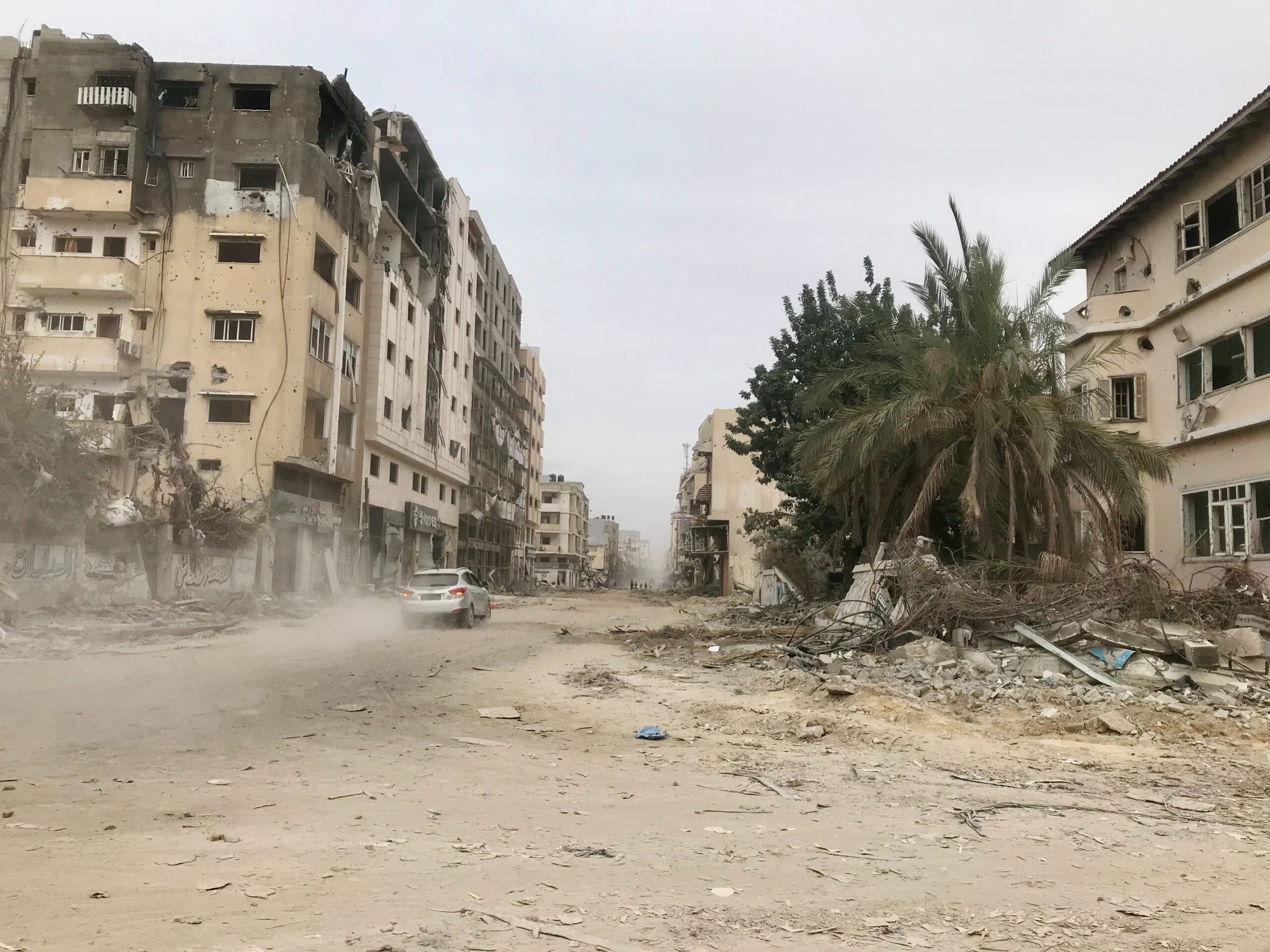
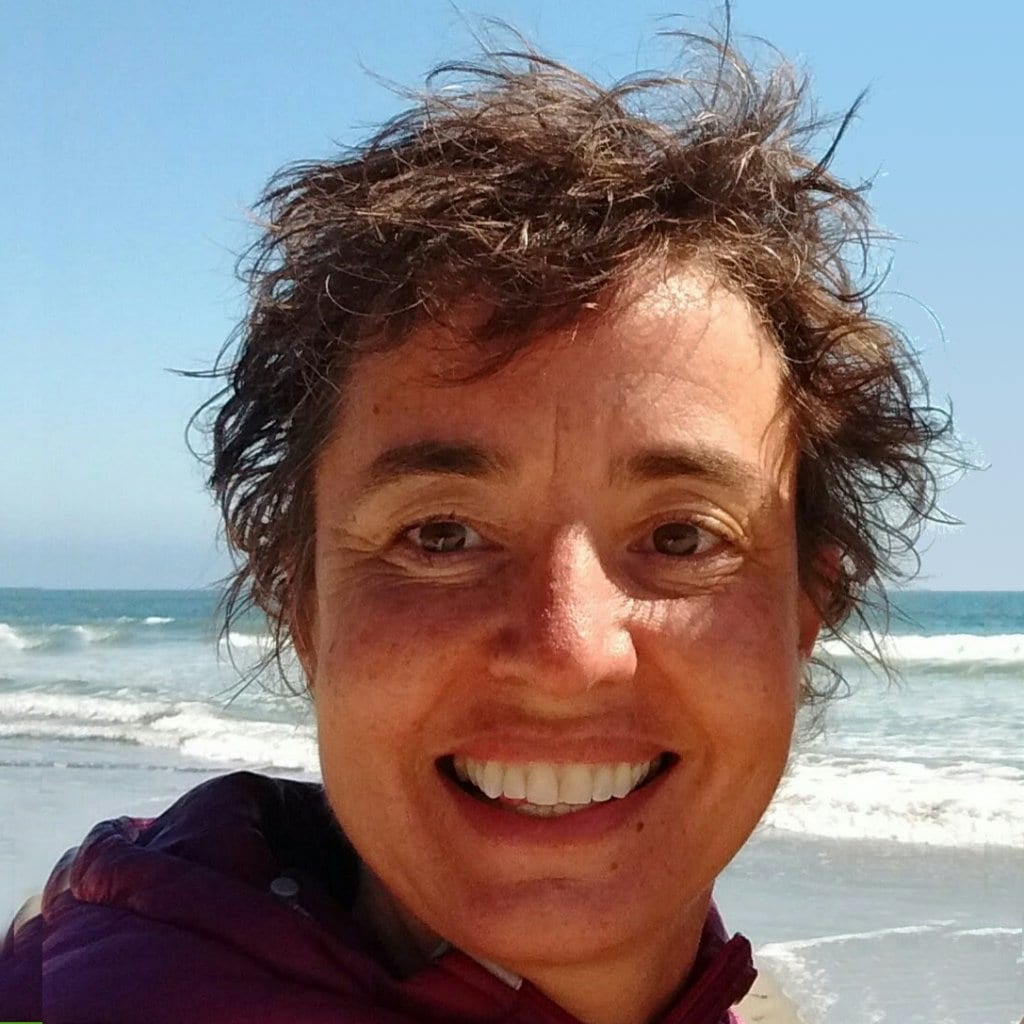

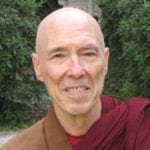

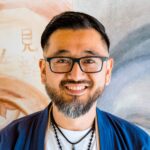
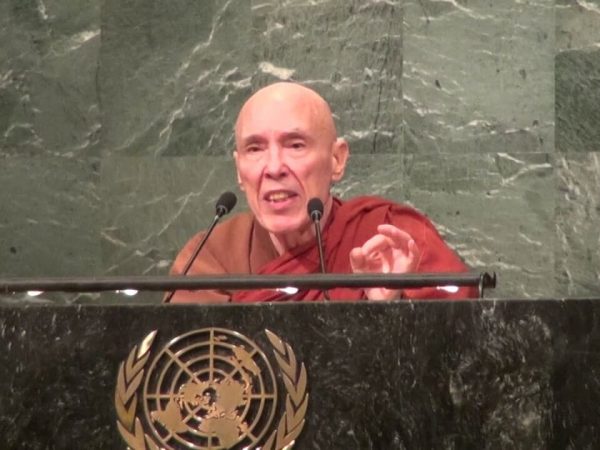
6 Responses
Thank you. This message comes too late for many thousands of people, but it’s good that you have left a statement on record. I signed the petition long ago, and I’m glad to see that you are on board with it as well.
Thank you for ending your silence and for sharing these resources. We must be warriors for love and peace. Standing for an end to colonialism is more than reasonable.
Cease fire now, for the sake of all beings in the field of war, all beings everywhere and the earth we call home.
Dear Kristin and Lou
I fully embrace your views and the position you have taken on the issue of the century-old conflict between Palestinian and Israeli people. “Hatred cannot be ceased by hatred, only by love can it be healed,” and “an eye for an eye will make the world blind.” Nothing can be said better than this regarding this unfortunate conflict. We don’t know when the major stakeholders ( Palestinian, Israeli, and USA) in this conflict will realize the wisdom in the above statements. Buddhism’s teachings and Eco-dharma (ecological wisdom-based compassion) concept have the greatest potential to resolve current environmental and human crises exacerbated by conflict, violence, and aggression. Human collective consciousness empowered by compassion, reverence for life, and human rationality must prevail over ethnocentrism and aggression. This is a necessary condition for environmental and social sustainability and the continuation of humanity.
I recently authored a book entitled “Ecosociocentrsim: The Earth First Paradigm for Sustainable Living.” Springer Nature published this book about three weeks ago. The book draws knowledge, concepts, and wisdom from Buddhism, Gaia, and System Theory and advocates that when human consciousness is elevated, we are more likely to perceive and value the interconnectedness of life, recognizing the environment as an organic extension of ourselves. The book ends with the following concluding statement “Planet Earth is the sole abode for all biotic communities, including Homo sapiens. Only a healthy and functionally nourishing Earth can ensure the security of humanity and sustainable living, which is possible if The Earth First Paradigm becomes the conscious working algorithm of humanity in the Anthropocene epoch of the twenty-first century. This is not merely a hopeful vision of the future; it is a logical and necessary path we must embark upon to prolong our sustainable living on planet Earth.” I have introduced the book with a book chapter brief in my website blog, http://www.paradigmshifts.info, and if time permits, I would highly appreciate thoughtful feedback and comments from Sangha members.
Thank you so much for your response. I am impressed with the care with which you wrote about such a sensitive issue; your compassion toward both sides; and your careful choice of sources. I appreciate that you waited for a while to consider this response, instead of wading headlong into a welter of conflicting ideologies. I am the descendant of a Holocaust survivor who has lived in Israel and met many Palestinians. The awful attack on Oct. 7 and the subsequent brutal revenge upon Palestinians at large is ripping my heart open. It is also ripping me away from quite a few organizations and individuals on the progressive and left side of things, who, consciously or not, re-enact age-old patterns of stereotyping and scapegoating, while celebrating and/or ignoring the rapes, mutilations and murders of the Hamas attacks. They appear to me as mirror images of the pro-Zionist organizations which I also cannot relate to. Many others in my situation are leaving their relationships on the progressive/left spectrum; so your even-headed and open-hearted stance is so important, and is one I will share with my 2G (children of survivors) friends.
Thanks for your article, it landed with me in the land where I live, navigating the small conflicts with my ex husband, who lives on the other side of the same land. Thanks for helping me to remember that true peace is not found in my desire for no conflict, aversion and denial of the actual state of affairs. Rather that I continue to focus my energy in finding peaceful solutions, maintaining as much consciousness of all the tensions and views as possible.
May we all be successful in our peace processes*